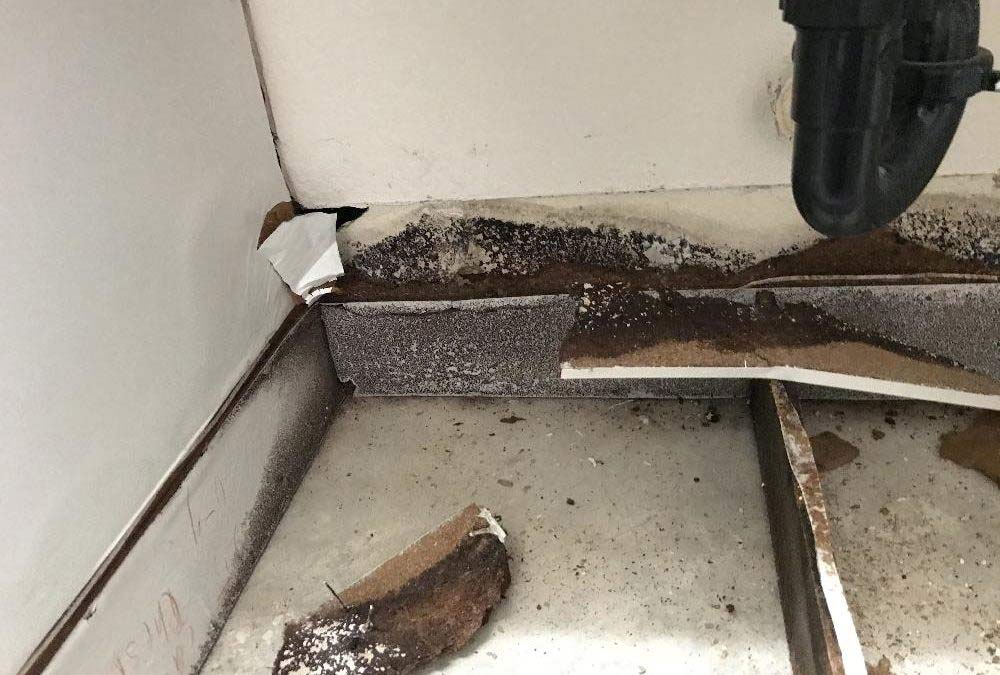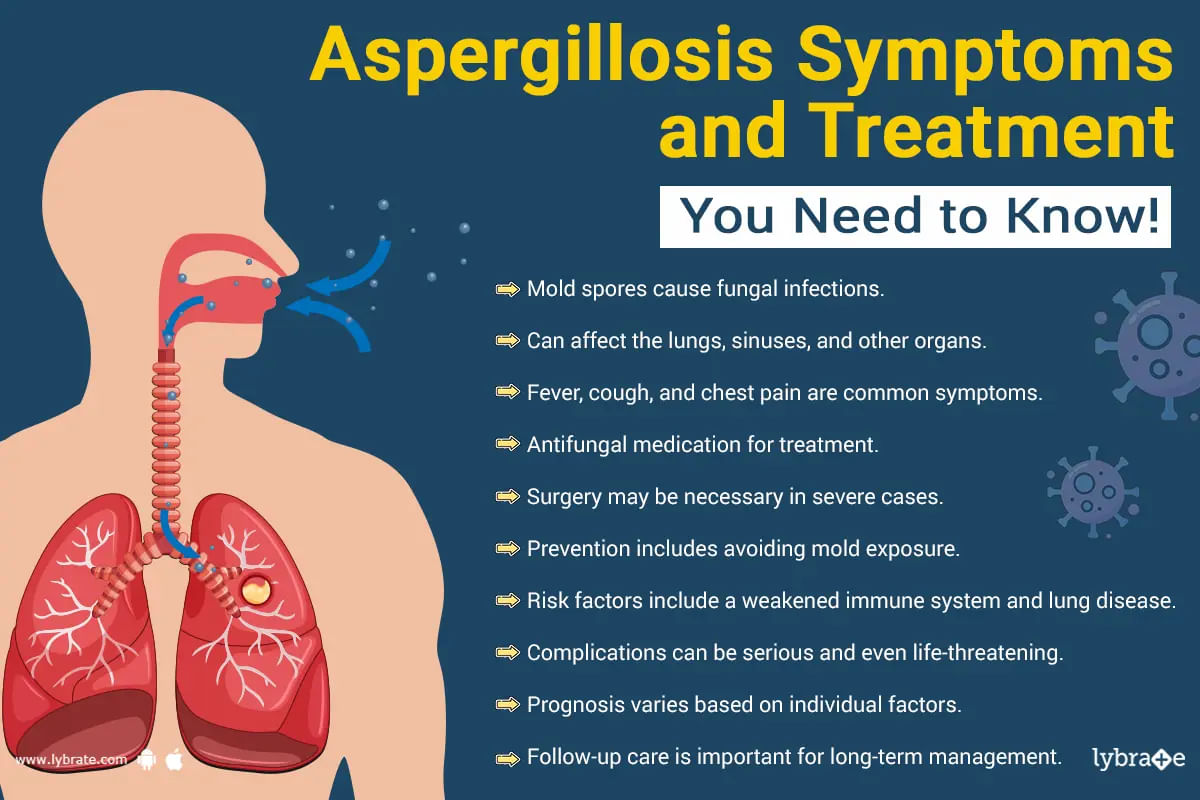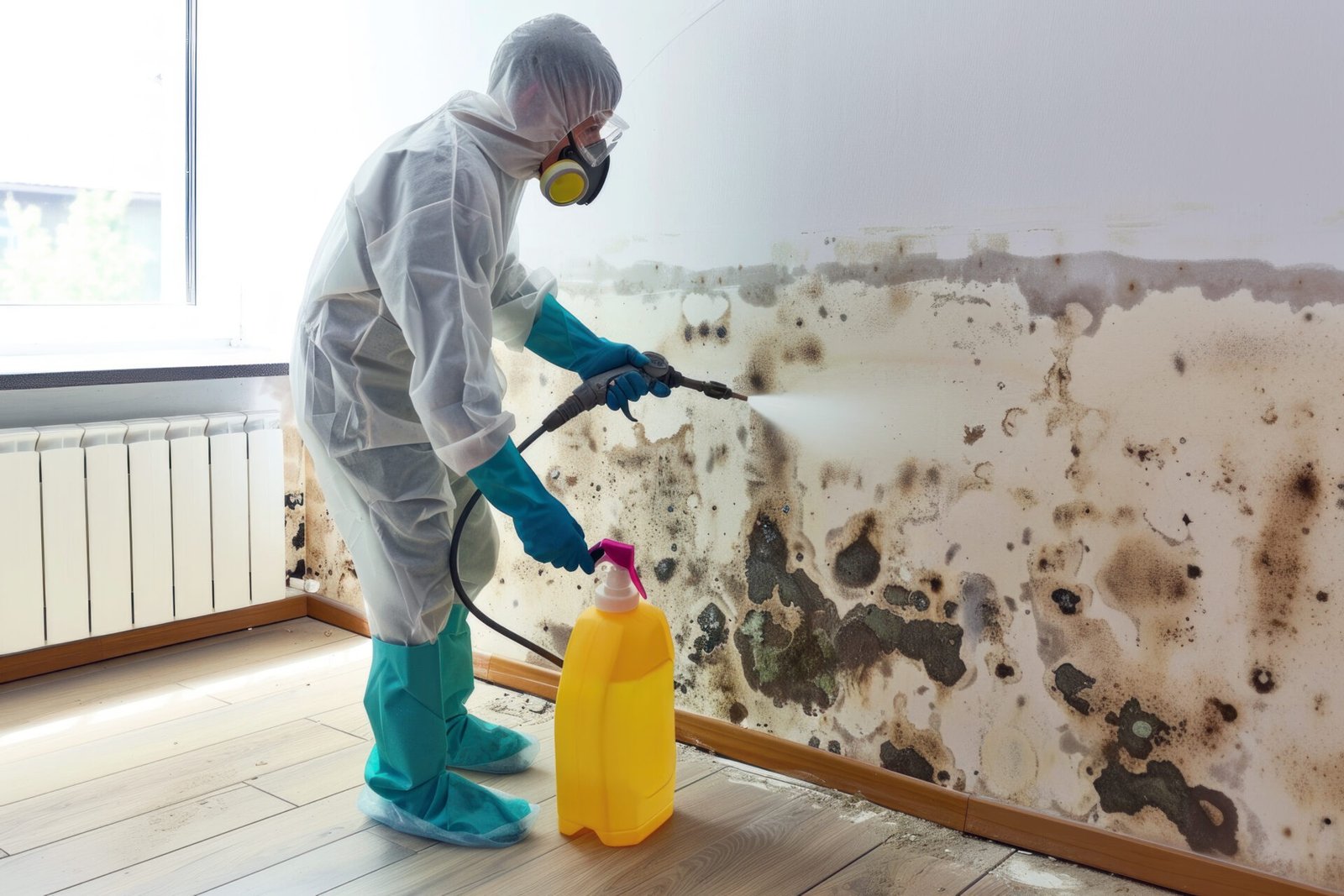What is Aspergillus Mold?
Aspergillus is a genus of molds commonly present in soil, decaying vegetation, grains, and indoor environments like damp basements or air conditioning systems. It thrives in moist, organic matter and can infiltrate homes through porous materials such as wood, carpeting, or drywall. While ubiquitous, it’s not inherently “toxic” like some black molds, but certain species produce mycotoxins that may contribute to health concerns in high-exposure scenarios.
Health Risks and Symptoms
It seems likely that Aspergillus poses minimal risk to healthy people, but it can lead to aspergillosis—a spectrum of fungal diseases—in those with compromised immunity or pre-existing respiratory issues. Common symptoms include allergic reactions like sneezing, itchy eyes, or asthma flares, while more severe forms may involve cough, shortness of breath, fever, or even invasive infections spreading to other organs. Mycotoxins from species like A. flavus (e.g., aflatoxins) are linked to liver damage or carcinogenic effects, though household exposure is often low.
Precautions and Remediation
The evidence suggests contacting professionals for mold testing and removal if growth is suspected, as DIY efforts may spread spores. Simple steps like maintaining low humidity (30-50%) and using N95 masks during cleanup can help, respecting that risks vary by individual health status.

Aspergillus mold represents a diverse group of over 180 fungal species, with only a subset—fewer than 40—implicated in human infections, primarily Aspergillus fumigatus, A. flavus, A. terreus, and A. niger. This mold is omnipresent in both indoor and outdoor settings, flourishing in soil, compost piles, hay, grains, decaying leaves, plants, trees, crops, dust, bedding, damp buildings, and air conditioning systems. In homes and workplaces, it often colonizes porous materials like wood, carpeting, or drywall, especially in areas with slow leaks or high humidity, such as basements, garages, bathrooms, kitchens, or laundry rooms. Aspergillus spores are remarkably resilient, capable of surviving for extended periods without oxygen or moisture, which allows them to persist in hard-to-reach places even after thorough cleaning. Interestingly, many people carry small amounts of Aspergillus on their skin or hair without any adverse effects, but this underscores the importance of hygiene, particularly for those with vulnerabilities.
While Aspergillus is not harmful to the majority of humans, it can pose significant health risks under certain conditions. Most individuals inhale its spores daily without incident, as healthy immune systems effectively clear them. However, in people with weakened immune systems—such as those undergoing chemotherapy, organ transplants, or living with HIV/AIDS—or underlying lung diseases like asthma, cystic fibrosis, COPD, sarcoidosis, or past tuberculosis, exposure can lead to aspergillosis. This encompasses a range of illnesses from allergic reactions to invasive infections. Additionally, some Aspergillus species produce mycotoxins, potent chemicals like aflatoxins (from A. flavus) or gliotoxin (from A. fumigatus), which can cause acute symptoms such as fever, nausea, vomiting, or long-term effects including kidney damage, immune suppression, fetal development issues, neurotoxicity, oxidative stress, inflammation, and even carcinogenicity. These mycotoxins can persist in food (e.g., contaminated grains, fruits, vegetables) or animal products, amplifying risks in environments with poor ventilation or nutrient scarcity.
The microbiology of Aspergillus reveals its role as a saprophytic fungus, breaking down organic matter, but this same adaptability makes it a potential pathogen. In related contexts, aspergillosis is associated with respiratory issues like allergic bronchopulmonary aspergillosis (ABPA), chronic pulmonary aspergillosis (CPA), aspergilloma (fungus ball), and invasive pulmonary aspergillosis (IPA). ABPA, for instance, involves an allergic and inflammatory response in the lungs, mimicking severe asthma with wheezing and shortness of breath. CPA is a long-term infection, while IPA, the most severe, can spread systemically, leading to life-threatening complications like sepsis or organ failure. Rare manifestations include skin infections (cutaneous aspergillosis with red patches progressing to ulcers), sinusitis (stuffy nose, headache, reduced smell), cerebral aspergillosis (mood changes, confusion, seizures), gastrointestinal issues (abdominal pain, diarrhea), or rhinocerebral aspergillosis (facial swelling, black pus). Emerging antimicrobial resistance in A. fumigatus further complicates treatment.

Symptoms of aspergillosis primarily affect the lungs, including cough (sometimes with blood or mucus lumps), shortness of breath, wheezing, high temperature, unexplained weight loss, fatigue, and worsening of existing lung conditions. Allergic forms may present as rhinitis with runny/stuffy nose, sneezing, itchy eyes/nose/mouth, postnasal drip, red/watery eyes, or swelling around the eyes. In mold allergy contexts, symptoms can be immediate or delayed, exacerbated in damp settings, and may include irritation even without true allergy. Invasive types add fever, chest pain, headache, nasal congestion, or organ-specific issues if spread occurs. Diagnosis involves health history, allergy tests, biopsies, blood tests (e.g., for Aspergillus antibodies or galactomannan), cultures, imaging (X-rays/CT scans), or bronchoscopy.
Treatment varies by type: antifungal medications (e.g., voriconazole, itraconazole) for infections, corticosteroids for allergic inflammation, and surgery for aspergillomas or severe cases. Some forms require lifelong therapy, and follow-up is crucial to prevent recurrence or lung damage. For allergies, antihistamines, nasal sprays, or immunotherapy help manage symptoms.
Precautions emphasize mold remediation by professionals to identify and address sources like leaks. Clean visible mold on hard surfaces with soap/water or detergent (avoid breathing spores; use N95 masks), and wash fabrics in hot water with detergent/bleach, drying on high heat for 20+ minutes. Prevent growth by maintaining 30-50% humidity with dehumidifiers, ventilating rooms (exhaust fans, open windows), repairing leaks, using HEPA air purifiers, avoiding damp areas, and wearing masks in dusty/moldy environments. High-risk individuals may receive preventive antifungals. Avoid activities like gardening or composting without protection, and ensure no unattended damp spots in homes.

To provide a structured overview, here’s a table comparing types of aspergillosis:
| Type | Description | Common Symptoms | At-Risk Groups | Treatment Options |
|---|---|---|---|---|
| Allergic Bronchopulmonary Aspergillosis (ABPA) | Allergic reaction in lungs, often with asthma/CF. | Wheezing, cough, shortness of breath, mucus plugs. | Asthma/CF patients. | Steroids, antifungals, immunotherapy. |
| Aspergilloma (Fungus Ball) | Ball of fungus in lung cavities. | Coughing blood, chest pain, fatigue. | Past TB/sarcoidosis. | Surgery, antifungals if symptomatic. |
| Chronic Pulmonary Aspergillosis (CPA) | Long-term lung infection. | Weight loss, chronic cough, hemoptysis. | COPD, weakened immunity. | Long-term antifungals. |
| Invasive Aspergillosis (IPA) | Spreads from lungs to other organs. | Fever, chest pain, confusion, organ failure. | Immunocompromised (e.g., transplants, cancer). | IV antifungals, surgery in severe cases. |
| Allergic Aspergillus Sinusitis | Sinus inflammation. | Stuffy nose, headache, reduced smell. | Allergic individuals. | Steroids, antifungals, sinus surgery. |
Key Citations:
- Aspergillosis Basics – CDC
- Aspergillosis: Types, Causes, Symptoms, Diagnosis & Treatment – Cleveland Clinic
- Reducing Risk for Aspergillosis – CDC
- Aspergillosis – NHS
- Mold Allergy – Symptoms, Prevention, and Treatment – AAFA
- Mycotoxins – World Health Organization (WHO)
- Mycotoxins: Lifespan, Poisoning & Symptoms – Cleveland Clinic
- Aspergillosis – Symptoms & causes – Mayo Clinic




